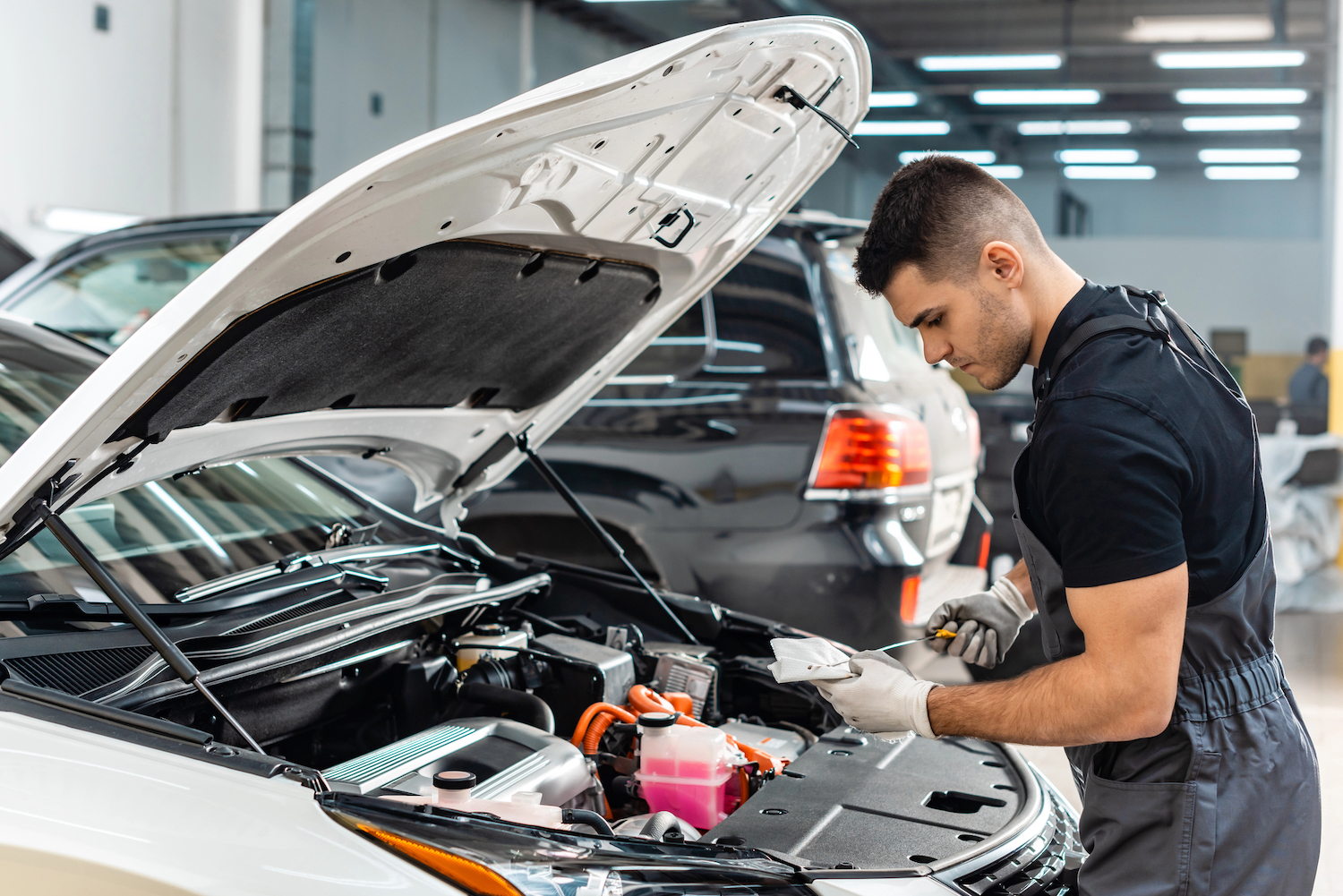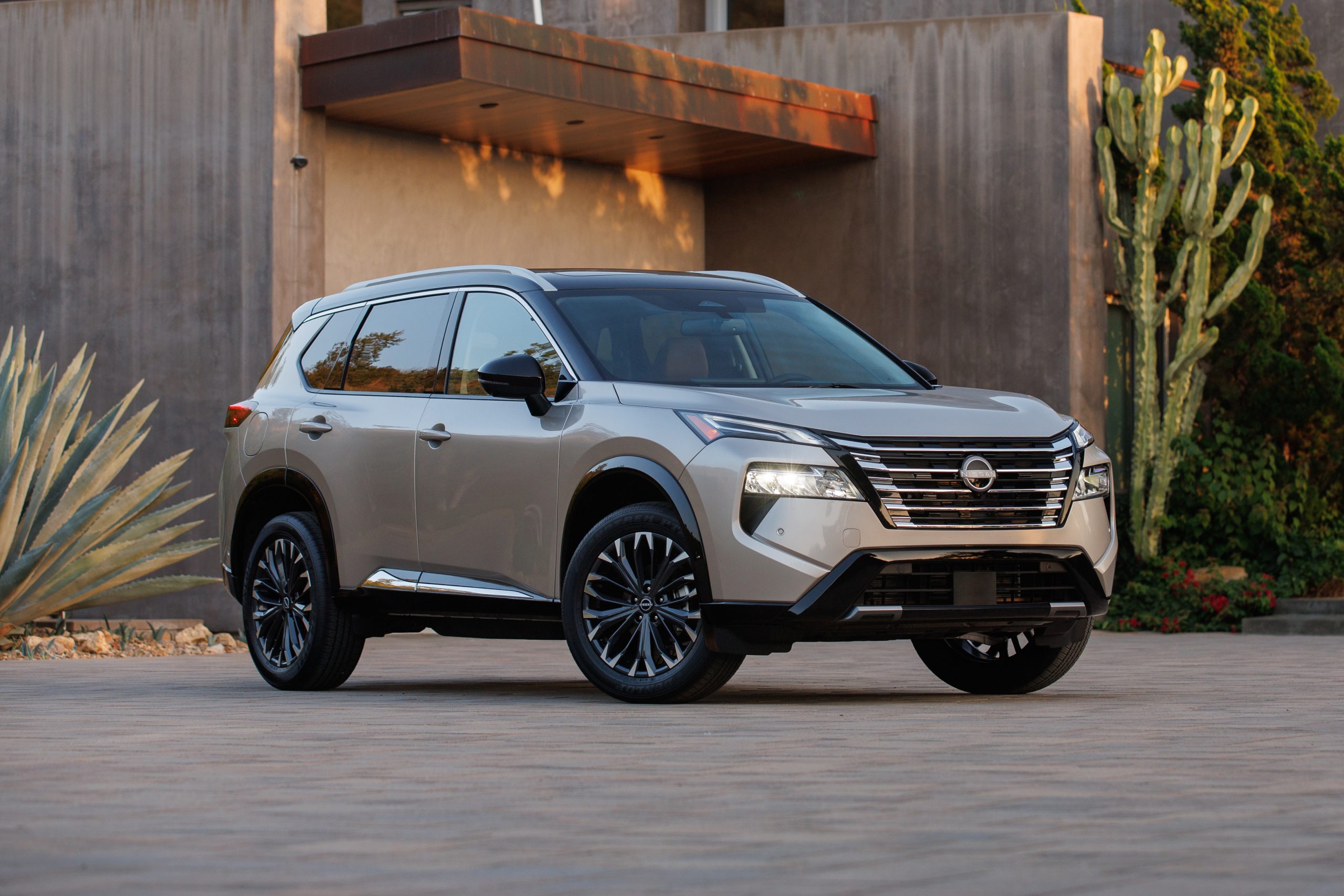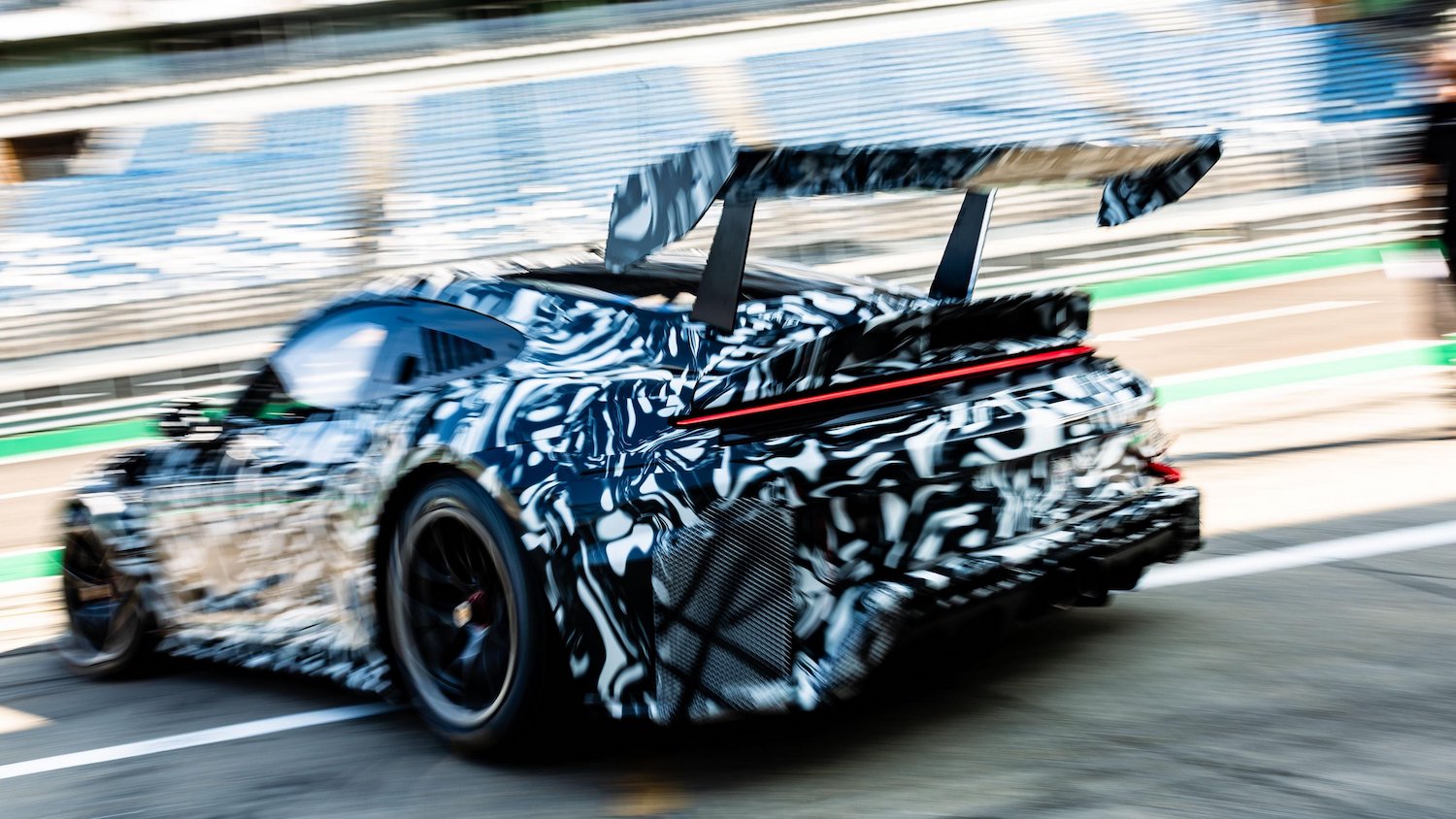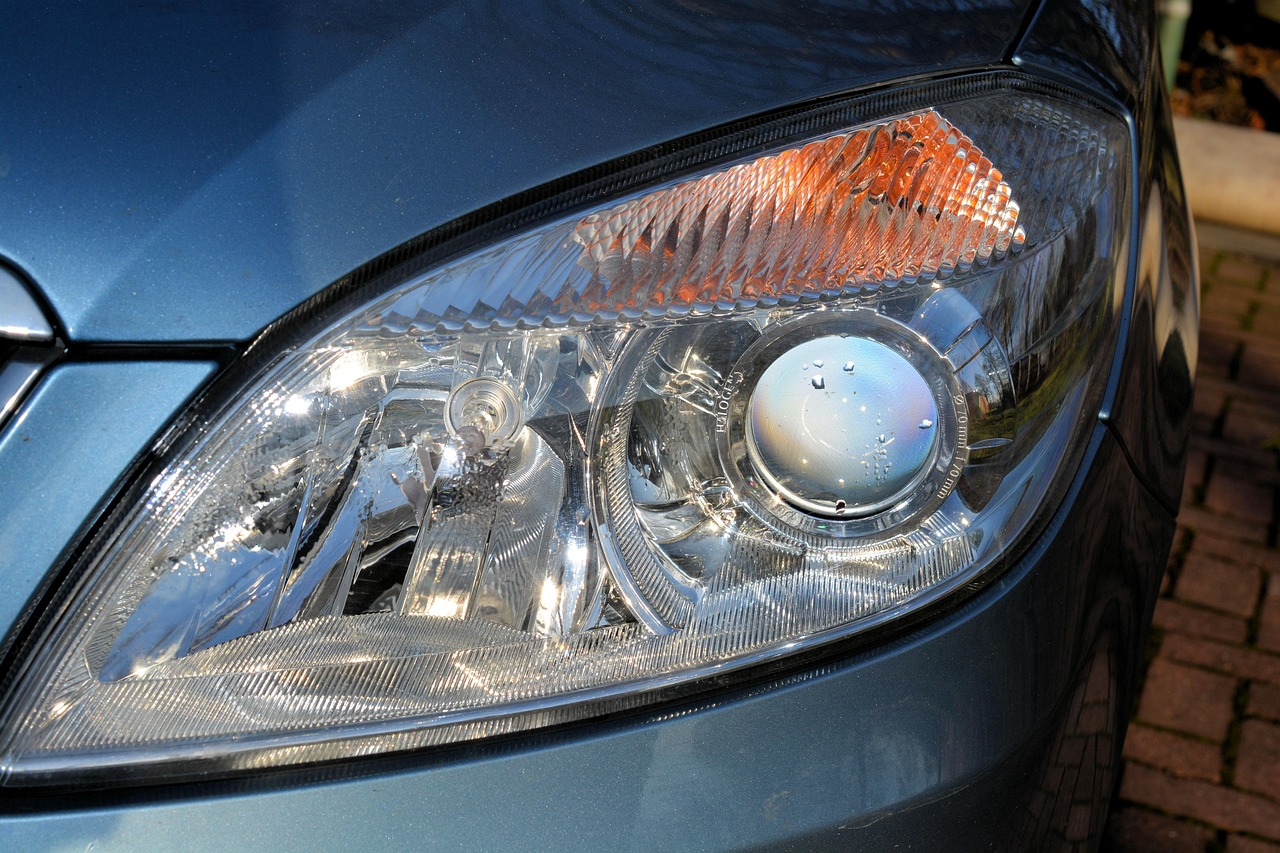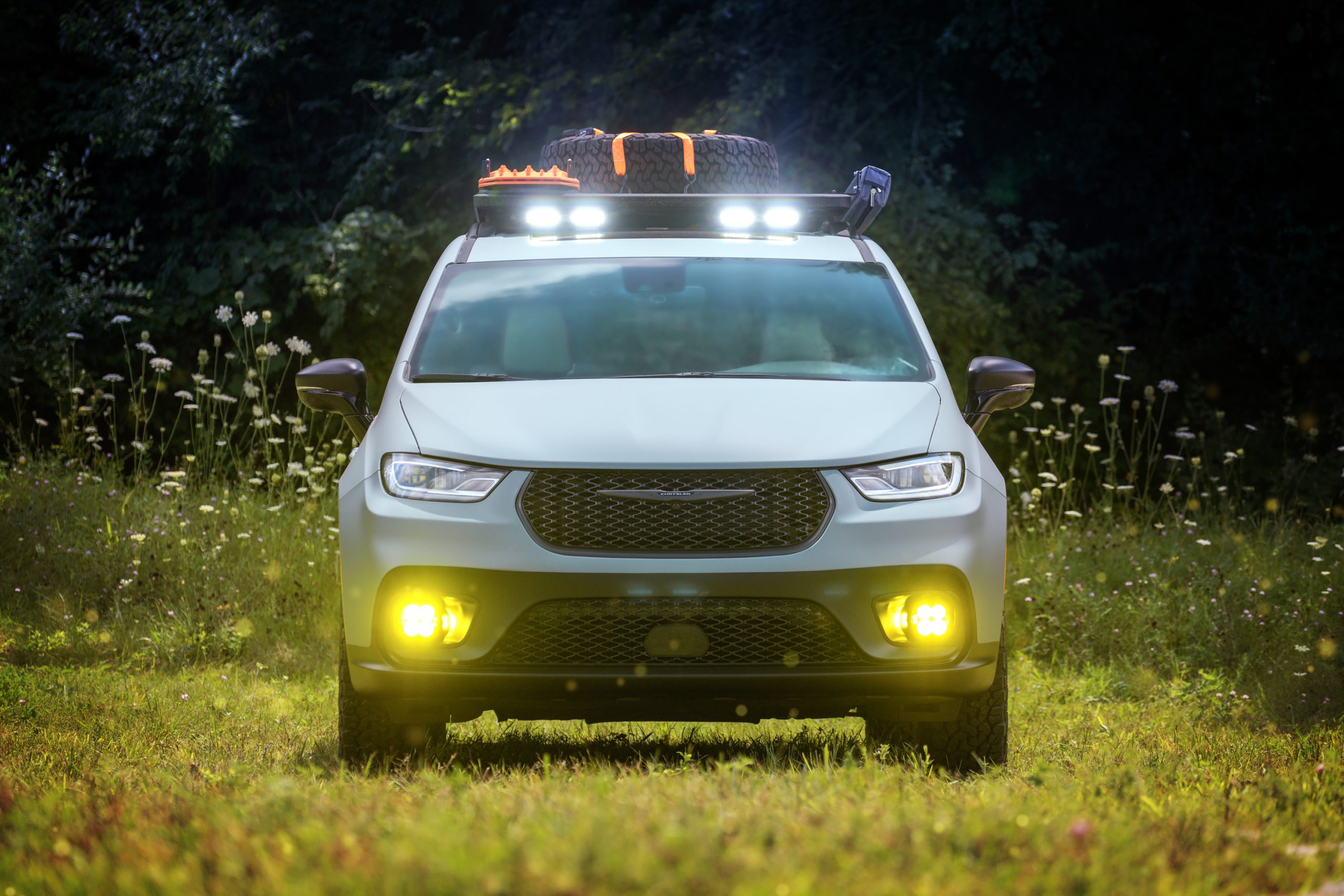Should E-scooter Riders Be Tested And Insured?
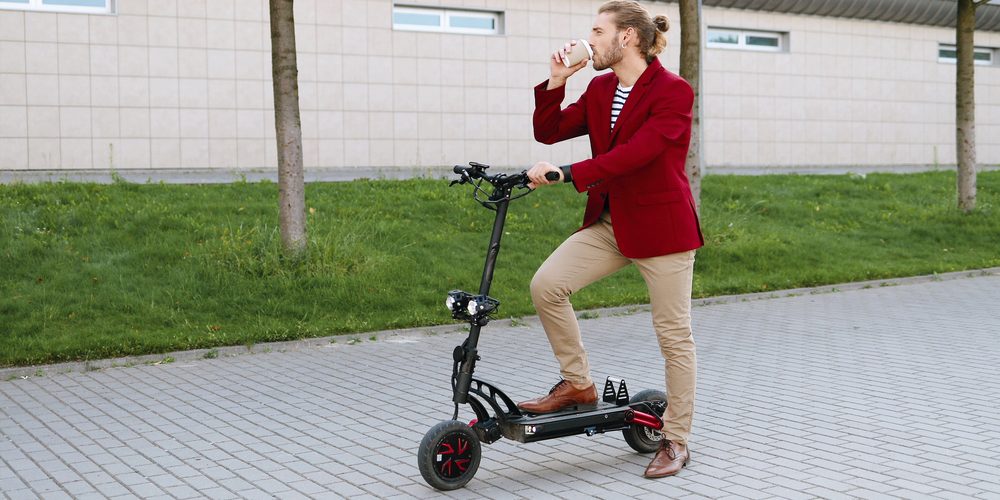
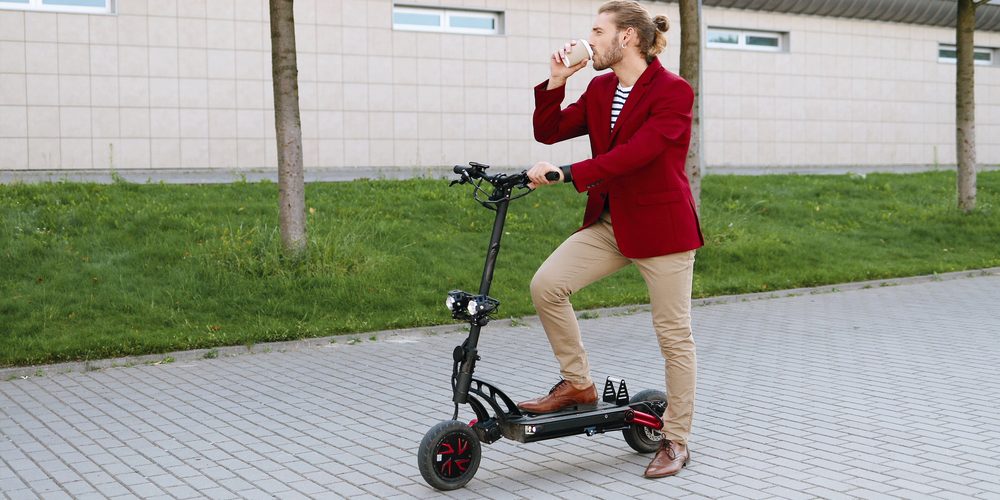
- Ministers are considering new laws requiring e-scooter riders to pass online tests, display plates and carry insurance.
- Plans follow a reported 2,000% rise in uninsured teen riders, with some scooters heavily modified for speed.
- A minimum rider age of 14 and stricter manufacturing standards are also being proposed.
E-scooter users in the UK could soon face new legal requirements as the Government prepares to clamp down on the increasingly controversial mode of transport. Proposed measures include mandatory licence plates, insurance, and competency tests for riders, along with stricter controls on e-scooter speed and build quality.
The new regulations, currently being prepared for formal consultation, are aimed at addressing rising safety concerns. A Government source confirmed, “We will commit to holding a consultation on this with legislation to follow.”
Ministers are particularly concerned by a surge in offences involving e-scooters. IAM Roadsmart, the motoring charity, blamed a 2,000 per cent increase in the number of teenagers caught driving without insurance last year on widespread misuse of private scooters.
The proposals could bring the Government into conflict with London Mayor Sadiq Khan, whose Transport for London agency last year floated the idea of lowering the minimum e-scooter riding age from 18 to 16. This would contrast sharply with new national proposals setting the minimum age at 14, along with legal limits on scooter power and performance.
Sir Sadiq Khan has previously banned electric scooters and e-bikes from London’s transport network due to fire risks and safety concerns.
Although the Government is not expected to introduce full driver licensing for e-scooter users, one model under review is a German-style online test system to ensure basic competency.
“There is a spectrum of options that are lighter or lower-burden than full driver licensing,” the Government source said.
E-scooters, often regular kick scooters retrofitted with electric motors, are technically illegal to use on public roads unless they’re part of a Government-approved rental scheme. Around 750,000 private e-scooters have been sold in the UK, with many exceeding legal speed and power limits.
Currently, rented scooters from providers like Lime are capped at speeds of 15.5mph nationwide or 12.5mph in London. These are only available to riders over 18 who hold at least a provisional driving licence.
Nicholas Lyes, policy director at IAM Roadsmart, has pushed for tougher regulation: “The Government needs to urgently bring forward legislation on private e-scooters, which must include minimum type approval device standards, speed limiters and proposals for riders to have a minimum level of competency.”
He added: “E-scooters have the potential to change the way we do short trips, but for years the UK has been plagued by confusing laws, questionable device quality, poor riding standards and now heavily modified machines capable of dangerous speeds.”
The consultation period will be a key step in shaping future e-scooter policy, with legislation likely to follow later this year.
If you enjoyed this article, be sure to follow us on Microsoft Start.



